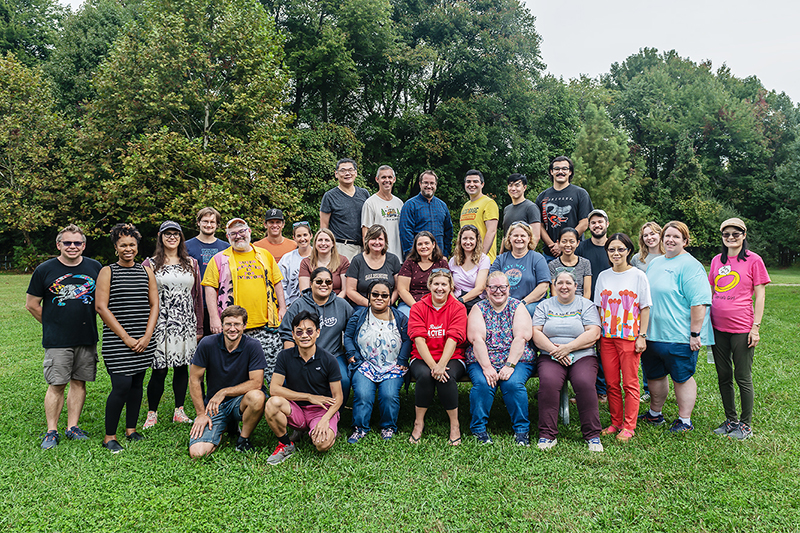Center for Inherited Disease Research

About Us
The Center for Inherited Disease Research (CIDR) is a world leader in genomics, with an emphasis on best practices development and quality control. Our mission is to support the genetics community by providing high-quality, cutting edge genomics services and technologies in order to expand our understanding of disease and catalyze discoveries that translate to patient care. Founded in 1996 through a unique trans-NIH contract to Johns Hopkin University, the inclusion of both embedded statistical geneticists and software engineers since our inception has facilitated our reputation of supreme data quality and immediate data usability. CIDR pioneered data sharing, having deposited the first dbGaP study. We have ongoing collaborative relationships with NCBI and other NIH supported data sharing platforms. All NIH CIDR Program studies are supported by data sharing assistance. GWAS and sequencing studies are additionally provided both data cleaning services. GWAS studies include imputation services.
Currently supported research studies include those emphasizing complex trait genetics, supported by the trans-NIH CIDR Program contract, and precision health initiatives, as part of the Baylor-Hopkins Clinical Genome Center for the All of Us Research Program (AoU). CIDR also supports both germline and somatic clinical genomic testing at Johns Hopkins Genomics.
Access
Two pathways exist to access CIDR research genomics services:

The CIDR contract is funded by 10 NIH Institutes and provides genotyping, sequencing and statistical genetic services to investigators approved for access through competitive peer review. An application is required for projects supported by the NIH CIDR Program.
JHU Genetic Resources Core Facility
The Johns Hopkins Genetic Resources Core Facility provides next generation sequencing and genotyping services, as well as other DNA/RNA services to JHU investigators and external scientists on a fee-for-service basis.
